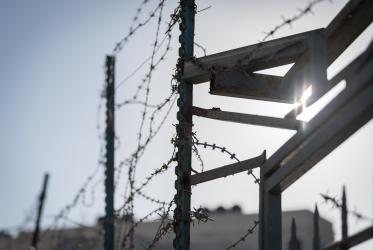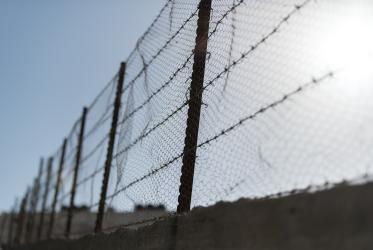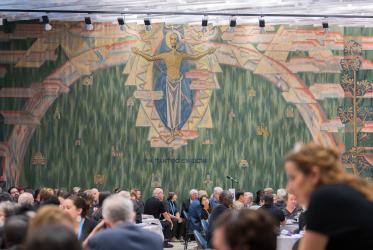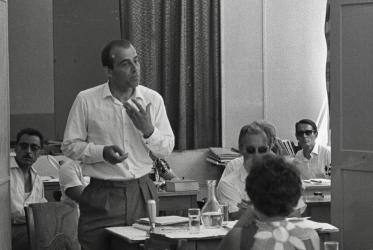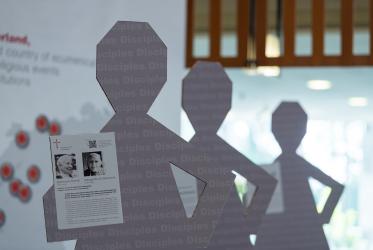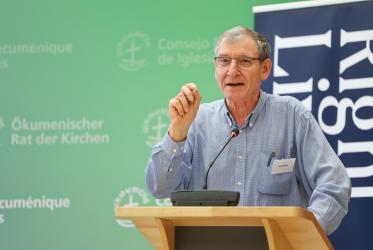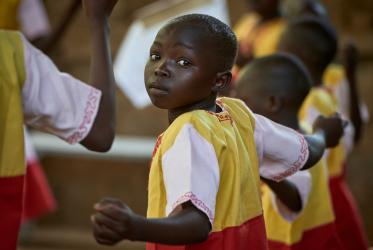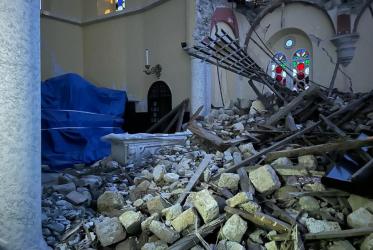Displaying 1 - 20 of 60
Words of steadfastness ring from the rubble
21 March 2024
Award-winning work means interactive storytelling with inclusivity
06 February 2024
Thirsting for peace: Gaza's water woes in the midst of war
31 January 2024
Violations of human rights escalate in Masafer Yatta, Jerusalem
30 November 2023
As floods rage in eastern Africa, church acts to save the people
22 November 2023
Violence against Palestinians is rising in the West Bank
16 November 2023
Greetings pour in to commemorate WCC’s 75th anniversary
22 September 2023
“All groups should be allowed to come and worship”
14 April 2023




